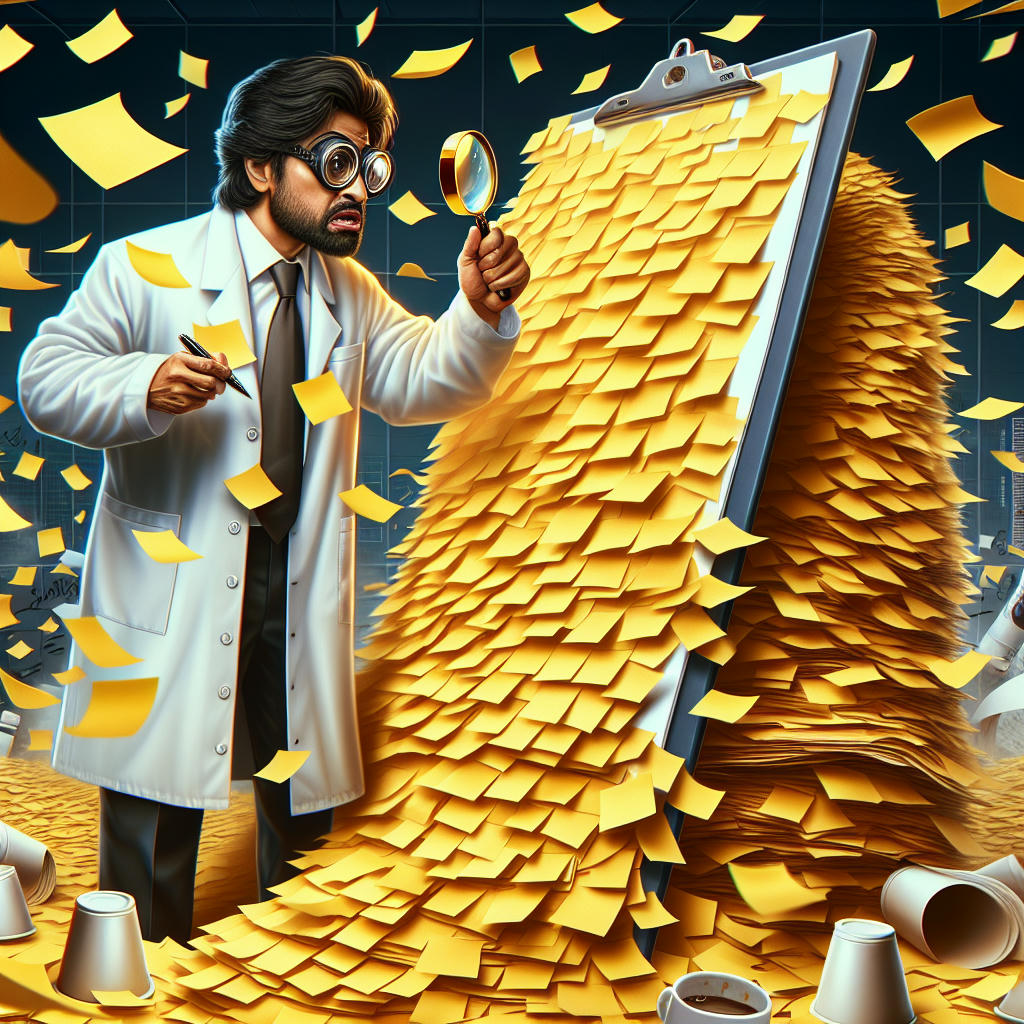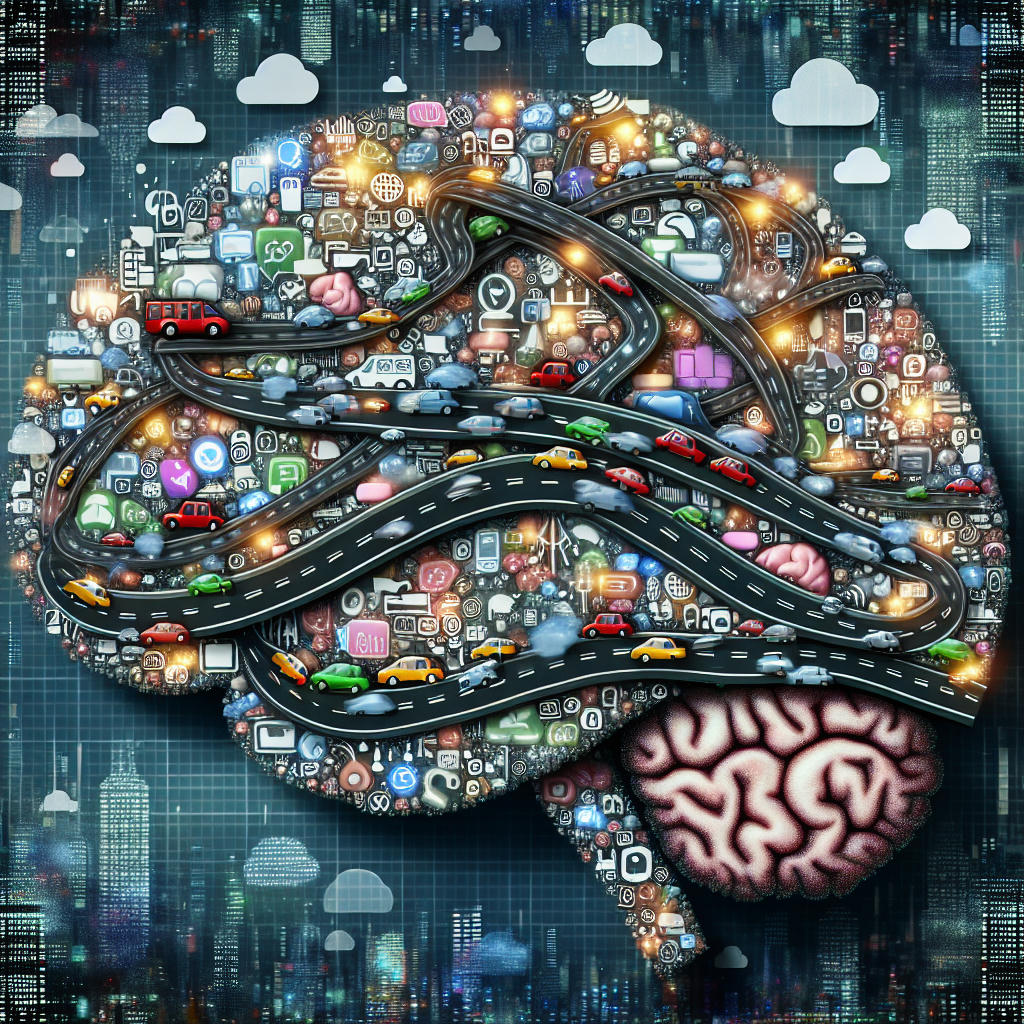In the high-stakes world of modern living, where productivity is measured in coffee spoons and the number of unchecked items on our to-do lists, a groundbreaking study has emerged. Spearheaded by the Institute of Procrastinatory Studies (IPS), this research sheds light on a pressing question: Why, in the era of endless opportunities, can't we seem to get anything done?
The IPS's findings were nothing short of spectacular, unveiling that the root of all procrastination lies not in our laziness, but in our highly evolved sense of curiosity and quest for knowledge. It seems the more we want to know, the less we do - a paradox that has left scientists scratching their heads and the rest of us scrolling through another episode of 'Cosmic Mysteries Unleashed.'
According to the study, the average human brain is swamped with 2.5 quintillion bytes of data daily - enough to fill 10 million Blu-ray discs, which, if stacked, would measure the height of 4 Eiffel Towers. With this overwhelming influx of information, it’s no wonder we're all experiencing a mental traffic jam. The researchers suggest that this data deluge is the main reason behind our collective inability to focus on tasks for more than a Goldfish's memory span.
The IPS has also discovered a direct correlation between the number of open tabs on our browsers and our stress levels. They coined the term 'Tabxiety’ to describe the panic felt when confronted with the choice of closing an unvisited tab. It turns out, each tab represents an alternate reality of ourselves - one where we actually read that article on quantum physics or finally learn how to knit. Closing a tab is, in essence, letting go of a potential version of ourselves, which is a surprisingly deep existential crisis triggered by a simple click.
Not to be underestimated, the study further highlights the role of environmental factors in our procrastination habits. The presence of a cat in the vicinity, for example, has been scientifically proven to decrease productivity by up to 70%. Researchers theorize that the cat’s inherent ability to do absolutely nothing with profound grace and indifference somehow telepathically transfers to its human companions, inducing a state of inertia where even the thought of work becomes exhausting.
In conclusion, the IPS’s breakthroug... we have unwittingly signed up for.
In an era where 'just one more video' becomes a mantra for delay, the IPS concludes that our path to productivity is not through sheer willpower or the latest time-management app, but by embracing our distractions. Instead of fighting the tide, we should learn to surf it - finding joy in the procrastination itself, and perhaps, in a roundabout way, becoming slightly more productive in the process. So, go ahead, watch that video, explore that tab, and let that cat sit on your keyboard. It might just be the most productive thing you do all day.


